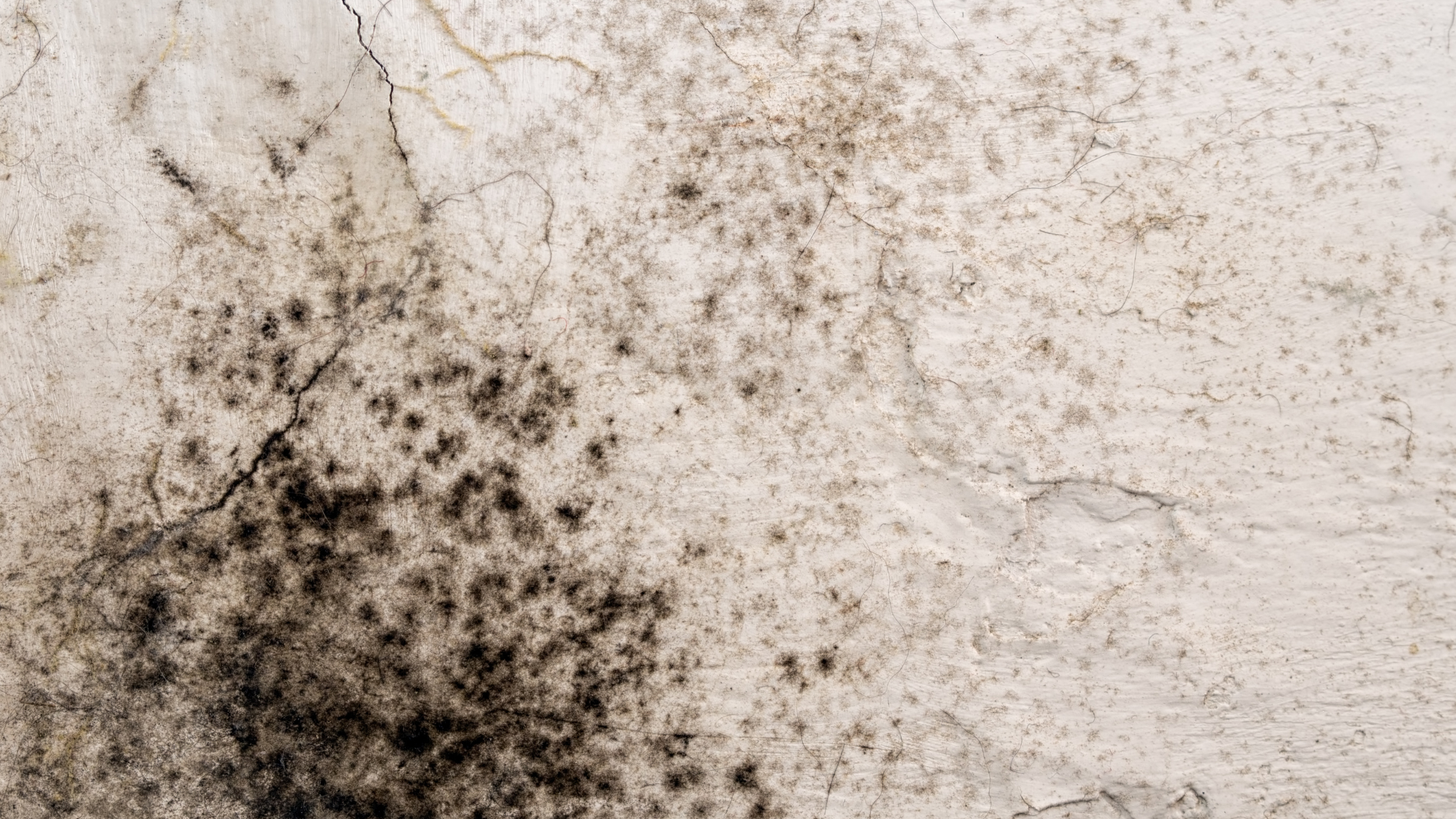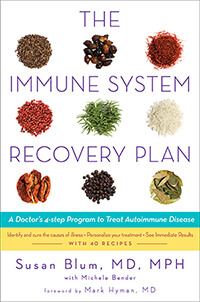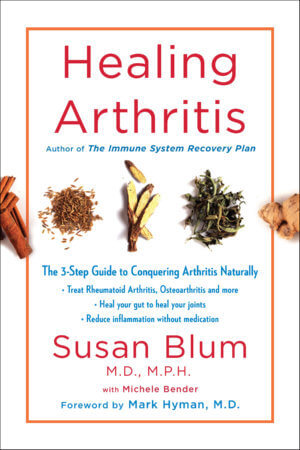
Are you struggling with non-specific vague symptoms that do not fit a known pattern for diagnosis? Have you been to a slew of specialist physicians and are still left without answers? Have you ever lived or worked in a place with water damage? Have you noticed your symptoms change or improve if you’re away from your primary home for an extended period of time?
If this resonates with you it’s time to consider mold as the root cause of your illness.
Here’s why: Mold is dangerous to your health. Hard stop.
Add to that, it is often overlooked as a source of illness since most conventional doctors are not trained in identifying it.
But, don’t worry! It has become my mission to uncover and treat mold illnesses. My private practice is filled with people suffering from mold exposure, many of which were misdiagnosed or told there was nothing wrong and had they considered a psychiatrist.
Here are some of the most frequent questions I hear:
What is Mold, Mold Allergies, and Mycotoxins?
Mold is a type of fungus that loves to grow in moist, damp, and dark environments.
We are constantly exposed to mold in our outdoor and even indoor environments. Some people are more sensitive to such mold spores and develop mold allergies. You may recognize these symptoms to be watery/itchy eyes, sneezing, and or runny nose. Doctors can diagnose mold allergies through blood testing and such allergies are treated with antihistamine medications. Finally, some molds produce mycotoxins, compounds that are invisible and can be inhaled or absorbed through your skin. These are the toxins that may cause mold illness if you are susceptible.
How do you know if you have been exposed to or are currently exposed to mold?
Part of my approach is taking a thorough environmental history during our first visit together. I delve into the history of water damage, musty smells, visible mold in your current and past homes. In general, most people find themselves with mold in their homes if the initial water damage is not remediated properly, if there’s a hidden leak behind a wall, or if there is moisture intrusion in the house that’s not obvious, just to name a few scenarios.
Why are mold toxins difficult for the body to process?
Your liver helps process mycotoxins through bile and ultimately they are removed in the stool. In some, this process is not successful and leads to recirculation of the mycotoxin. So your immune system may have successfully killed the actual mold; however, the mycotoxins that the mold secreted can persist in your body.
Many people are exposed to toxic mold; however, not all become sick. Why? About 25% of people are genetically handicapped to deal with these toxins. Even if you’re not one of the 25%, anyone’s detox system can become overwhelmed if exposed to high quantities of toxins over a long time. This helps explain why some members of your household can become severely ill and others are fine while being exposed to the same mold environment. The molds that produce the most dangerous mycotoxins include Stachybotrys, Aspergillus, Penicillium, Fusarium, Alternaria, and Walemia.
Are you suffering from mold toxicity?
Mold is always a part of my differential diagnosis in anyone who presents with a myriad of symptoms in multiple organ systems. At the Blum Center, our patients complete a Medical Symptom Questionnaire and when their score is more than 80, I often suspect mold.
Some of the more specific symptoms include electrical sensations in the body, areas of numbness/tingling that leave neurologists perplexed, unusual tics/muscle spasms, seizure-like events, and dizziness. These symptoms are often paired with fatigue, brain fog, intense anxiety/depression, chronic sinus congestion/recurrent infections, and shortness of breath.
How do mold mycotoxins cause such chronic complex presentations?
The following explanation is based on the ground breathing work of Dr. Shoemaker who synthesized how mold toxins impair your body’s biochemistry and thus came up with The Biotoxin Pathway.
Mold toxins can easily dissolve in water and fat allowing them to penetrate various tissues.
- Mycotoxin enters your body through inhalation or food (this is less common cause of systemic illness), or are made in your body (i.e. think the sinuses or your gut that has been colonized with mold).
- Toxin enters your fat cell and triggers a cascade of events inside the cell leading to cytokine production. Cytokines send signals to activate the immune system causing inflammation. If you are one of the genetically fortunate, the immune system binds the toxins and prevents this cascade of events; however, in 25% of the population there is no process to turn off this activation so the inflammation persists.
- Cytokines affect your brain chemistry, endocrine/immune systems, thus explaining why patients present with such a variety of symptoms that transverse multiple organ systems. This can lead to inadequate production of adrenal, sex, and thyroid hormones. Overall this will also affect your pain pathways (think decrease in endorphins), sleep (think less melatonin), and also cause increased intestinal permeability (think leaky gut).
If mold is suspected, how do we evaluate it?
Although there are some serum blood markers that give us an idea if you are suffering from mold illness, they are non diagnostic. The best test we have at this time is to assess urine mycotoxins. There are several functional medicine labs on the market offering such testing including RealTime Labs and Great Plains Laboratory.
As part of the evaluation, It is also important to determine where the mold exposure is coming from (i.e. home, work, or your car), particularly if it’s ongoing. To do this, we recommend you partner with an environmental indoor expert who is trained in how to properly assess the home’s health and perform accurate mold testing and then guide you in remediation (if necessary).
You may prefer to try your own home assessment. You can order testing through Mycometrics the ERMI test (Environmental Relative Moldiness index). You collect dust from your home which is tested for mold.
How is mold toxicity treated?
The journey is often complex with many detours. Two people exposed to the same mycotoxin may present with completely different symptomatology. Treatment progress/resolution often depends on your terrain (what else are you battling with, i.e. your gut health, tick borne infections, viruses, other toxins-i.e. heavy metals) and how sensitive you may be to treatment.
My approach is influenced by Dr. Neil Nathan’s work, an expert in mold treatment. What does that mean? We assess your gut microbiome, look for exposure in your home (and bring in a home expert if needed), support your detox pathways (after all, we have to get the mycotoxins out of your body), use appropriate botanicals and/or pharmaceuticals for treatment and mold decolonization.
In the meantime, what can you do to help your body with mycotoxins starting today?
- Increase foods that support your liver’s detox pathways such as cruciferous vegetables (think broccoli/kale).
- Increase antioxidants, think eating colorful fruits and vegetables that are rich in quercetin/polyphenols (i.e. pomegranates, berries, yellow peppers, green tea).
- Spice up your food with turmeric and curry powder.
- Move more! Sweating is one of your body’s key daily detox methods. Just remember to shower after exercising so the toxins do not get reabsorbed through your skin.
If you’re interested in learning more about mold illness, testing, and treatment please come see me at Blum Center! For more information visit www.blumcenterforhealth.com or call 914.652.7800.
References:
Biotoxin Pathway:
https://www.survivingmold.com/resources-for-patients/diagnosis/the-biotoxin-pathway
“Toxic” by Neil Nathan, MD; published 2018
Resources:

